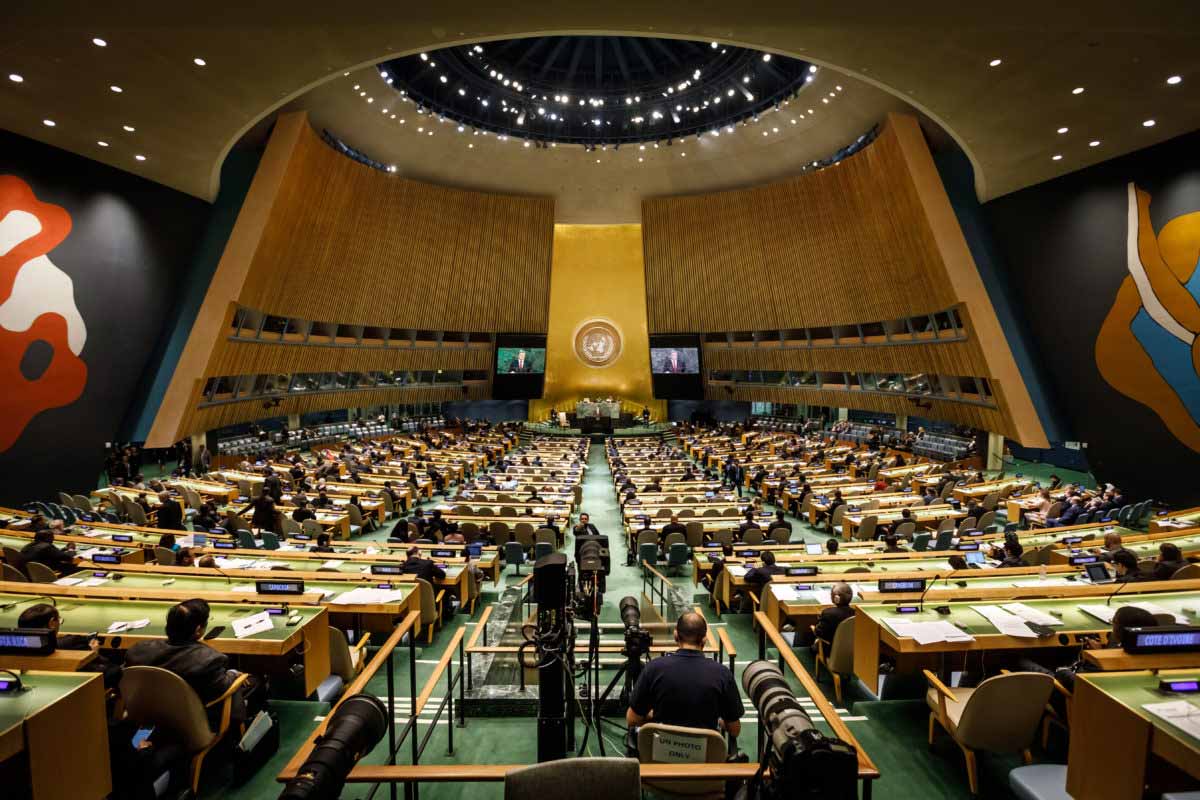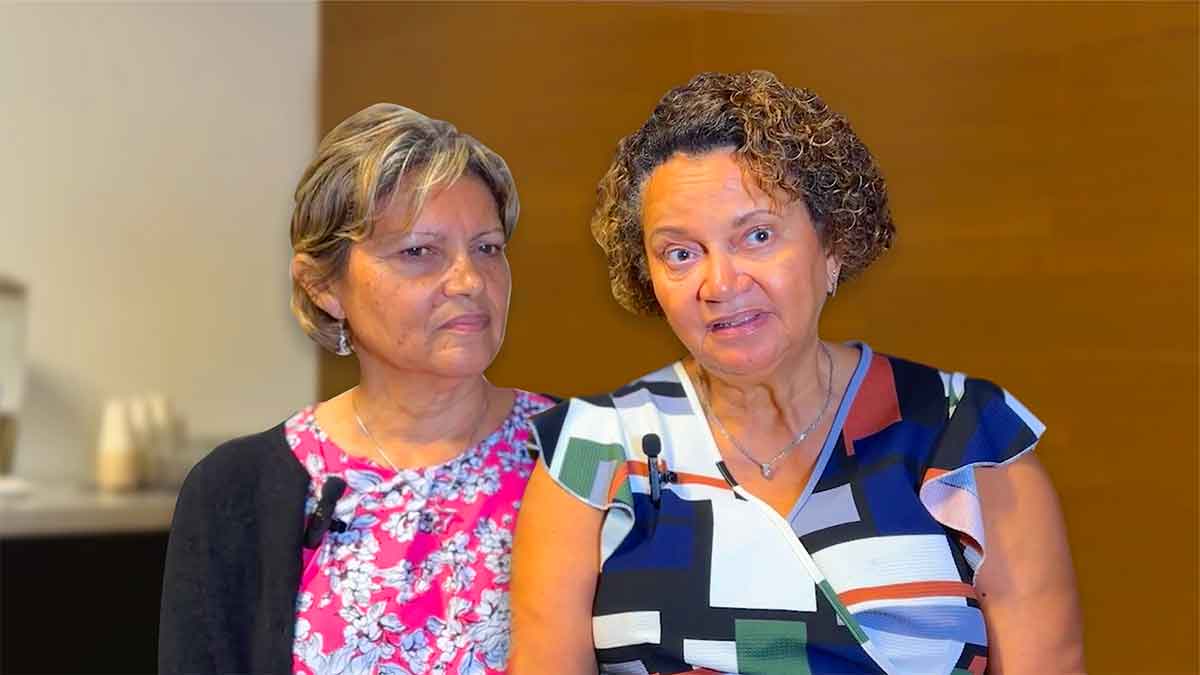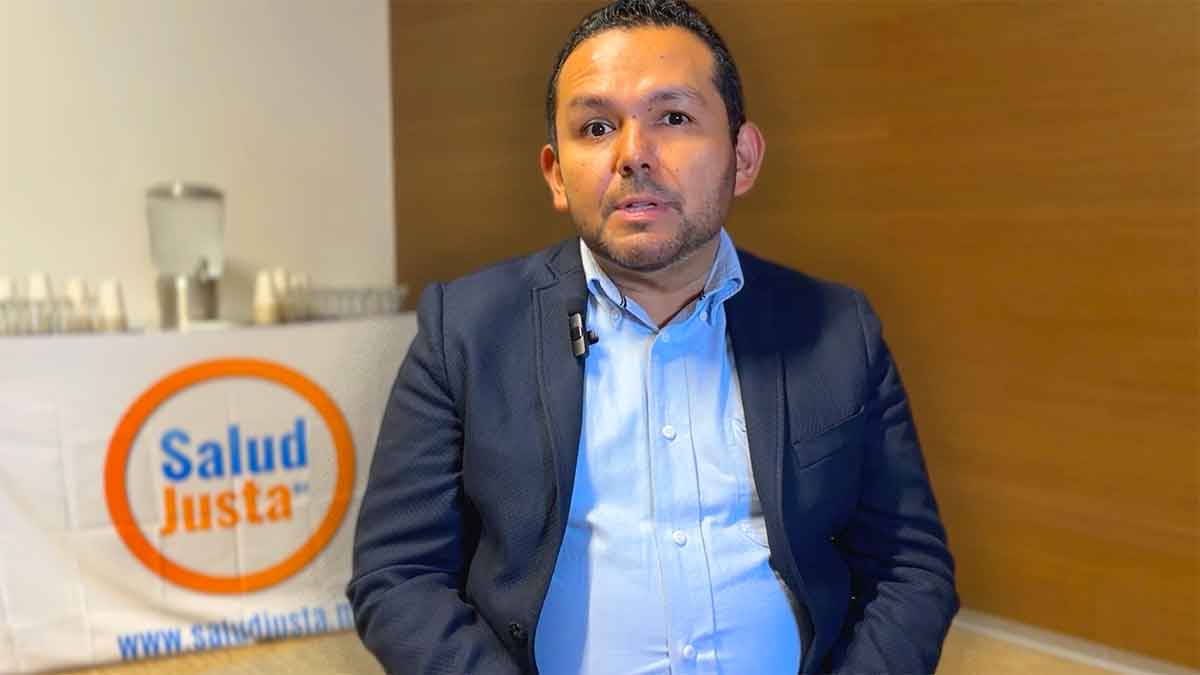- Resources
- News
-
-
Get Email Updates
Sign up for STOP's emails and never miss an update on our latest work and the tobacco industry's activity.
-
Get Funding
Ready to tackle industry interference? You could be eligible for a grant.
-
Share a Tip
Do you have information on tobacco industry misconduct in your country? Let us know.
-
Get Email Updates
Sabotaging Policy
June 03, 2021

The United Nations General Assembly convened a “Special session of the General Assembly (UNGASS) against corruption” on June 2-4, 2021.
Vital Strategies submitted the following statement on behalf of STOP partners, drawing attention to the harm caused by the tobacco industry’s corrupt behavior and calling for the UNGASS political declaration to uphold and strengthen the anti-corruption standards contained within the World Health Organization Framework Convention on Tobacco Control.
As a civil society organization working to accelerate the achievement of the United Nations Sustainable Development Goals (SDGs) by promoting health measures we, Vital Strategies, along with our partners in STOP, a tobacco industry watchdog—the International Union Against Tuberculosis and Lung Disease, the Global Centre for Good Governance in Tobacco Control, and the Tobacco Control Research Group at the University of Bath—welcome a “concise and action-oriented Political Declaration” to fight corruption.
The tobacco industry is the single greatest barrier to ending the tobacco epidemic, which claims more than 8 million deaths and economic losses of USD 1.4 trillion annually. Protecting life-saving policies from the tobacco industry requires governments to implement strong anti-corruption measures set out in the WHO Framework Convention on Tobacco Control (FCTC), a treaty embodied in the SDGs. The globally-adopted Guidelines for the Implementation of Article 5.3 mirror the UN Convention Against Corruption (UNCAC) provisions.
The tobacco industry’s long history of corrupt practices, exposed in millions of internal documents made public through court orders and in the attestations of government officials, led to measures even more stringent than UNCAC—including prohibiting tobacco industry donations and banning the participation of persons associated with the industry in decision-making bodies. These measures become ever more relevant as whistleblowers, researchers and investigative reporters continue to reveal evidence of illicit payments made by tobacco companies and representatives to law enforcement, tax, customs officials and policymakers.
The public health and tobacco control community continues to expose industry tactics and utilize anti-corruption tools to protect public health policies from industry interference. The Global Tobacco Industry Interference Index is compiled by STOP from civil society reports from over 55 countries. It measures how governments reject tobacco industry offers and contributions; adopt codes of conduct and transparency measures; avoid conflicts of interest including revolving doors between government and industry; and divest from tobacco industry interests.
The tobacco industry’s corrupt behavior strikes hardest at the world’s poorest nations where the majority of the world’s smokers live and undermines efforts to provide sustainable financing for health—a need that has become even more dire in light of the pandemic.
Tobacco use and production negatively impacts 16 of 17 of the SDGs. To prevent that harm and save 8 million lives and USD 1.4 trillion annually requires eliminating the worst forms of tobacco industry corruption. The WHO FCTC has set the standard for fighting tobacco industry corruption. The political declaration must uphold and strengthen these standards. It must ensure policy coherence and define robust commitments on adopting codes of conduct; avoiding conflicts of interest; promoting transparency and access to information, including on beneficial ownership, company registries, and political financing; protection of whistleblowers; ensuring compensation for victims; and enabling civil society participation.


